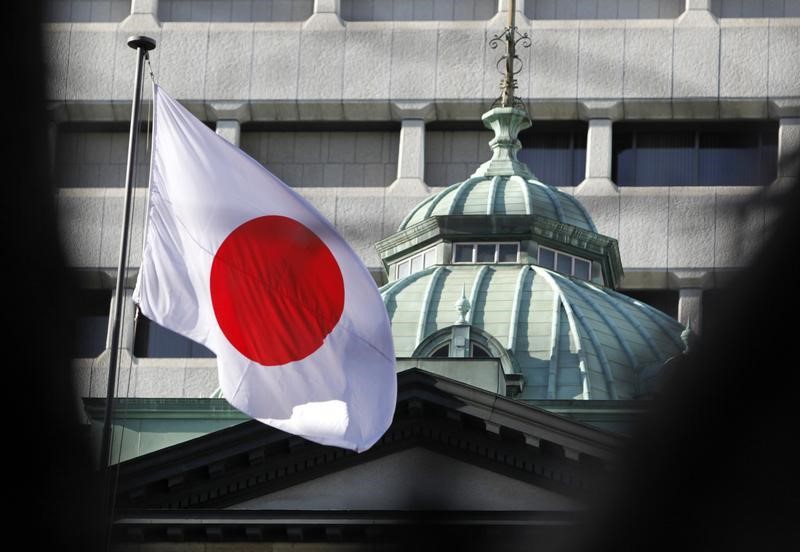By Ambar Warrick
Investing.com -- The Bank of Japan held interest rates at record lows on Friday, and said it will continue with its current pace of yield curve control as the bank navigates a change in leadership and faces a sharp slowdown in the Japanese economy.
The central bank maintained its short-term policy interest rate at negative 0.1%, and kept its long-term interest rate at 0%.
The BOJ said it will maintain the range of fluctuation in 10-year bond yields at between 0.5% and negative 0.5%, and also said that it will continue with its current pace of quantitative easing, offering no surprises ahead of a change in its top officials.
Friday’s meeting is the last under the leadership of Governor Haruhiko Kuroda, whose tenure ends in April. Economist Kazuo Ueda is set to take the reins of the central bank, with Japan’s upper house set to vote on his nomination later in the day.
Ueda has signaled that he will maintain the BOJ’s ultra-dovish stance in the near-term, although analysts expect an eventual pivot from the bank sometime later this year.
The BOJ said in a statement that inflation is likely to moderate towards mid-2023, thanks to government subsidies on energy prices and easing pressures from high commodity rates.
Recent data lent credence to this forecast, with data on Friday showing that producer price inflation read lower than expected for February.
Tokyo consumer inflation, which is usually a bellwether for countrywide inflation, also read lower than expected for the month.
But the BOJ also said that prices will once again pick up towards the end of the year, and that rising uncertainty over the economy highlighted the need to keep monetary policy accommodative.
The comments come on the heels of data that showed the Japanese economy barely expanded in the fourth quarter, amid increasing pressure from high inflation and slowing manufacturing activity.
The country also has to contend with a sharp fall in global demand for Japanese goods, amid slowing economic trends across the world.
The BOJ had unexpectedly widened its yield curve control mechanism in December, which had triggered bets that it will further alter the policy, tightening local monetary conditions.
But the central bank has since downplayed speculation over further tightening, stating that the move in December was “enough.”
The Japanese yen sank 0.4% on the BOJ’s dovish outlook, also coming under pressure from fears of rising U.S. interest rates.
